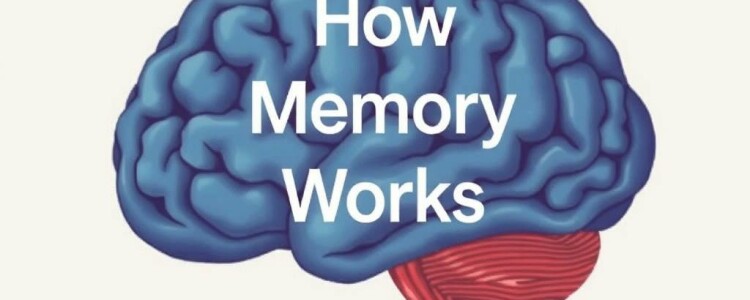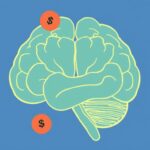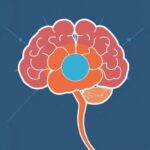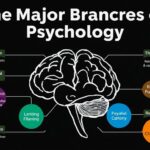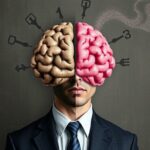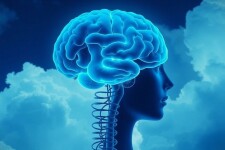Memory is one of the most fascinating, yet often misunderstood, functions of the human brain. It is what allows us to learn, adapt, and preserve our identities through the passage of time. But have you ever wondered how memory actually works, or why sometimes it seems to fail us right when we need it the most? In this article, we will explore the intricate processes behind memory formation, storage, and retrieval, and shed light on the common reasons why memory may falter. Whether you’re curious about the science of memory or practical ways to improve it, this deep dive will help you understand the marvels and limitations of your mind’s ability to remember.
The Foundations of Memory: What Happens in Your Brain?
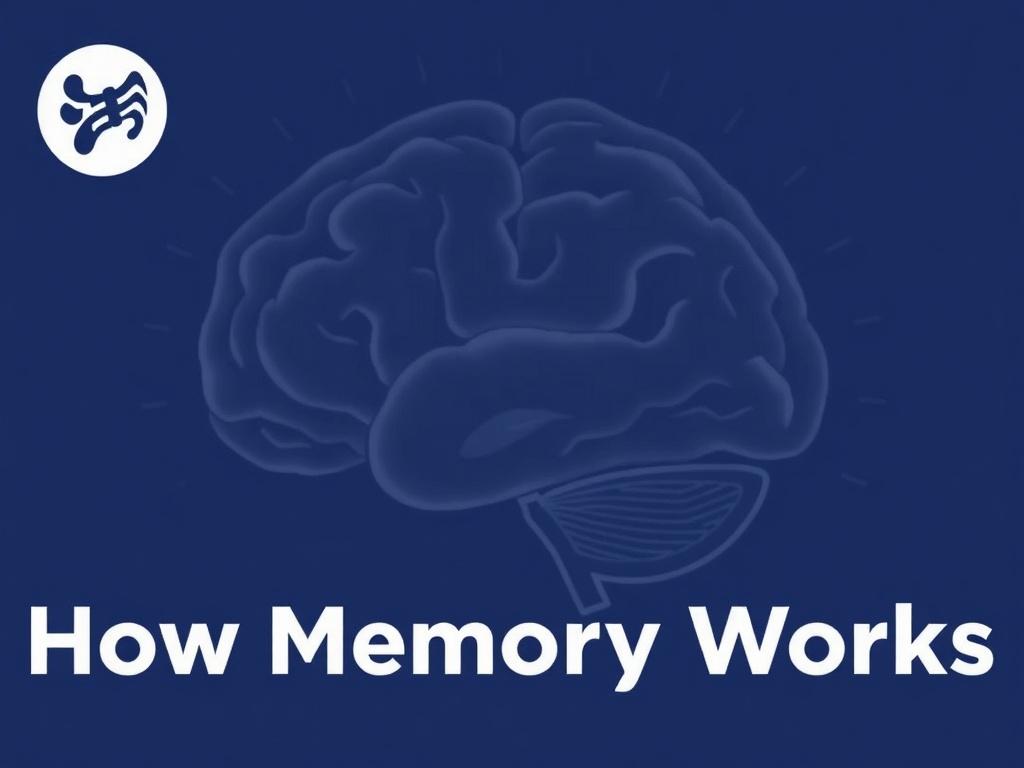
To understand how memory works, it’s important to get to know the underlying biology. In simplest terms, memory involves the encoding, storing, and later retrieval of information. When you learn something new—whether it’s a person’s name, a song, or directions to a new place—your brain takes that information and converts it into a form it can use and keep.
Memory starts with the neurons, the nerve cells that communicate via electrical and chemical signals. When you experience something, a specific pattern of neuronal activity encodes that information. Synapses, the tiny connections between neurons, strengthen or weaken in response to this activity through a process called synaptic plasticity. This adaptability is the basis of learning and memory.
Interestingly, memories are not confined to just one spot in the brain. Different types of memories are processed in different regions. For example:
| Type of Memory | Primary Brain Area Involved |
|---|---|
| Short-term memory | Prefrontal Cortex |
| Long-term declarative memory (facts, events) | Hippocampus and surrounding medial temporal lobe |
| Procedural memory (skills, habits) | Basal ganglia and cerebellum |
This division allows the brain to handle many kinds of memory and learning simultaneously, but it also means damage to certain areas can result in very specific types of memory loss.
Three Key Stages of Memory: Encoding, Storage, and Retrieval
At the heart of understanding how memory works is the recognition that it proceeds through distinct stages:
1. Encoding: The First Step
Encoding is the process where perceived input is transformed into a mental representation. This step determines what information gets noticed and made memorable in the first place. Attention plays a crucial role—if you’re distracted, your brain might not encode the information successfully. For example, you might hear your name during a conversation and instantly encode it, while words spoken nearby might go unnoticed.
The encoding phase involves several modalities, such as visual (images), auditory (sounds), and semantic (meaning) encoding. Semantic encoding, which focuses on the meaning of information, tends to produce the strongest and most durable memories.
2. Storage: Holding on to Memories
Once encoded, the information moves onto storage, where it can be retained for varying lengths of time. Psychologists commonly categorize memory storage into three types:
- Sensory Memory: Very brief retention (milliseconds to seconds) of sensory information through your senses.
- Short-term Memory: Also called working memory, holding information temporarily for about 20 to 30 seconds.
- Long-term Memory: Represents information stored for extended periods, from minutes to a lifetime.
The process of transferring memories from short-term to long-term storage is called consolidation. It often involves the hippocampus creating stable neural connections. It’s during sleep that much of this consolidation takes place, which is why a good night’s rest is crucial for solidifying what you’ve learned.
3. Retrieval: Bringing Memories Back to Life
Retrieval describes the process of accessing stored information when needed. It’s like opening a file on your computer—the success depends on how well the “file” was organized and whether the right “keywords” or cues are available to find it.
Retrieval can be effortless or challenging. Sometimes a memory just pops into your head, while other times the tip-of-the-tongue phenomenon occurs, where you feel like you know something but can’t quite recall it. Failures in retrieval are a common way memory seems to fail us.
Why Memory Fails: The Usual Suspects
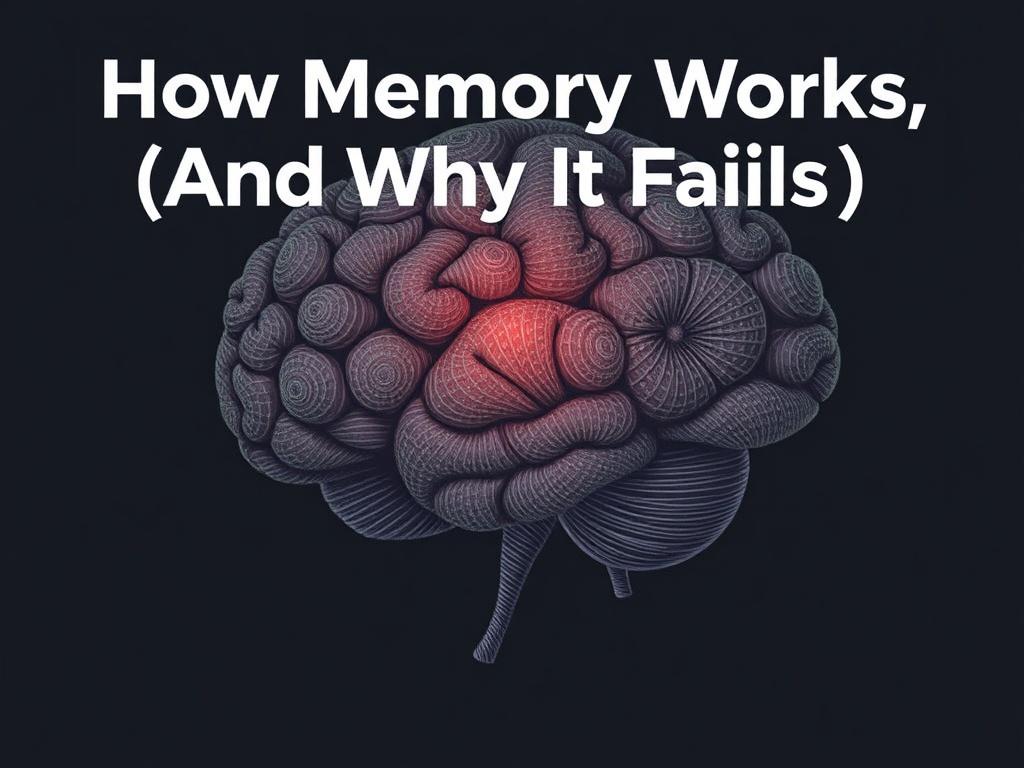
Even though our brains are incredibly powerful, memory isn’t perfect. Occasional lapses or significant memory failures can be frustrating and puzzling. Several mechanisms can explain why memory fails:
1. Encoding Failures
If information never gets properly encoded, it won’t be remembered. This is why multitasking or lack of attention makes retention harder. You may think you’ve memorized a phone number or a new name, but if your brain didn’t encode it deeply, that knowledge evaporates quickly.
2. Decay Over Time
One intuitive explanation is that memories fade or decay naturally if they are not revisited or used. The neural connections weaken, making the retrieval harder. This is part of why you might forget something you learned years ago but hadn’t thought about since.
3. Interference from Other Information
Memory can be disrupted by interference, which comes in two types:
- Proactive Interference: Old memories hinder the learning or recall of new ones.
- Retroactive Interference: New memories disrupt the retrieval of previously stored information.
A simple example: learning a new phone number can sometimes make it harder to remember your old one.
4. Retrieval Failures and Blocking
Sometimes the memory is intact but inaccessible. This retrieval failure can occur for many reasons—stress, distractions, or insufficient cues. The tip-of-the-tongue state is a classic example where the memory is temporarily blocked.
5. False Memories and Distortions
Human memory is reconstructive rather than a perfect recording. Our brains fill gaps, sometimes inaccurately, resulting in false memories. This phenomenon explains why eyewitness accounts can vary dramatically for the same event.
6. Brain Injury and Degenerative Conditions
Traumatic brain injuries, Alzheimer’s disease, and other neurological disorders can cause severe and progressive memory loss. This type of failure is usually more significant and persistent than typical everyday forgetfulness.
Common Myths About Memory Debunked
It’s important to clear up some common misconceptions about memory to get a clearer picture of how it works and why it sometimes fails. Let’s look at a quick list of myths and facts:
| Myth | Truth |
|---|---|
| Memory works like a video camera, recording everything perfectly. | Memory is reconstructive and prone to errors and distortions. |
| People remember more as they get older. | Some memory types decline with age, especially episodic memory, while others remain stable or improve. |
| Memory loss is always a sign of serious illness. | Normal memory lapses are common and not necessarily symptoms of disease. |
| Repeatedly recalling a memory can weaken it. | Active retrieval actually strengthens memories through a process called reconsolidation. |
Strategies to Improve Memory and Reduce Failures
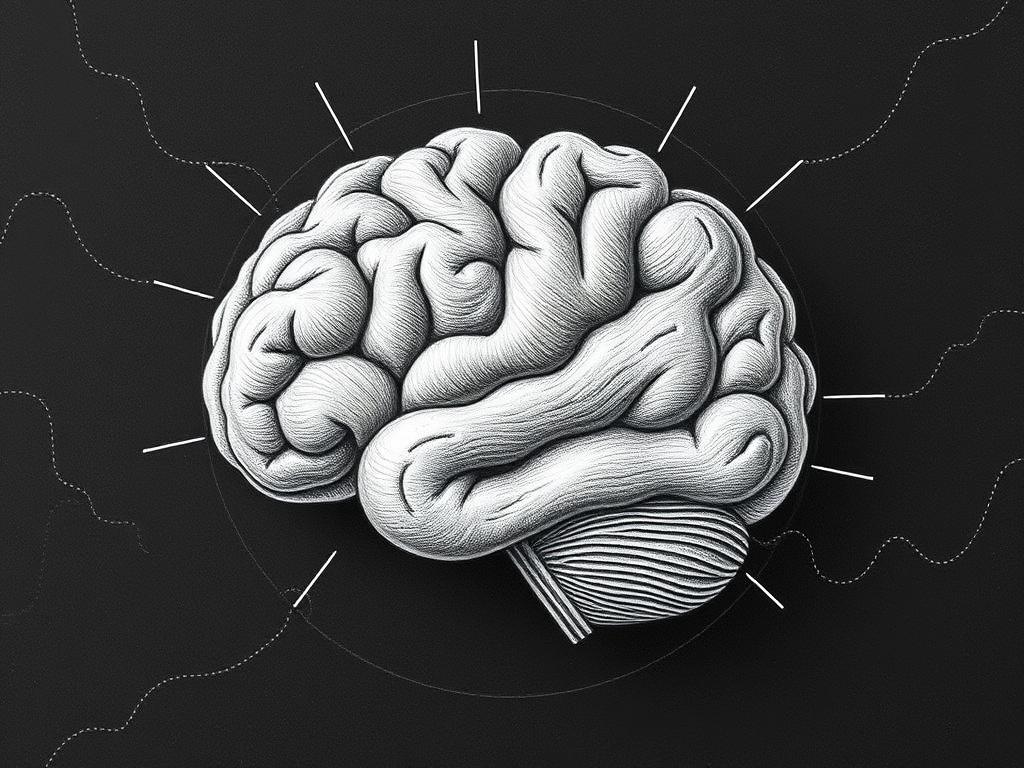
While some memory failures are natural, there are plenty of ways to boost your memory and keep your brain sharp. Here are some effective strategies:
- Pay Attention: Minimize distractions and focus completely on what you want to remember.
- Use Mnemonics: Creative memory aids like acronyms, rhymes, or visualization help encode and recall information.
- Organize Information: Structured notes, category grouping, and using mind maps improve encoding and retrieval.
- Get Enough Sleep: Sleep supports memory consolidation and brain health.
- Exercise Regularly: Physical activity boosts blood flow and neurogenesis, improving memory function.
- Practice Retrieval: Testing yourself on material strengthens your long-term retention better than just rereading.
How Technology Affects Our Memory
In today’s digital age, many wonder if relying on devices for remembering has changed how we use our memory. Some researchers suggest that easy access to information can reduce the need to store everything internally, a phenomenon known as the “Google effect.” While this can free cognitive resources for other tasks, it might also make us more prone to forgetting details because we trust external sources instead.
On the flip side, technology offers tools and apps that improve memory through reminders, spaced repetition, and brain games. Used wisely, these can complement natural memory rather than replace it.
Memory Across the Lifespan
Memory is not static. It evolves from childhood to old age, shaped by brain development and lifestyle factors:
| Life Stage | Memory Characteristics |
|---|---|
| Childhood | Rapid growth of hippocampus; learning basic skills and language; memory highly impressionable. |
| Adolescence | Improvements in working memory and executive function; memory becomes more strategic. |
| Adulthood | Peak cognitive performance including memory; ability to use experience for better recall. |
| Older Age | Declines in episodic memory common; semantic and procedural memory often preserved. |
Understanding these changes can help set realistic expectations for memory performance and aging.
When to Seek Help for Memory Problems
Not all memory failures are cause for concern, but persistent or worsening difficulties may warrant professional evaluation. Surveillance is especially important if memory issues interfere with daily activities or are accompanied by other symptoms like confusion or personality changes. Neuropsychological testing, brain imaging, and medical exams can help identify treatable causes.
If you or a loved one are experiencing memory challenges, consulting a healthcare provider is the best step to rule out underlying conditions and learn coping strategies.
Conclusion
Memory is a dynamic and complex function that lies at the core of what makes us human. It involves intricate neural processes of encoding, storage, and retrieval, shaped by biology, experience, and context. Despite its power, memory is prone to failures—whether due to distraction, decay, interference, or distortion. However, by understanding why memory sometimes falters and applying effective strategies, we can significantly improve how well we remember and recall information. Embracing the natural ebb and flow of memory, while fostering habits that support brain health, allows us to better navigate the fascinating world of memories that shape our past, present, and future.

